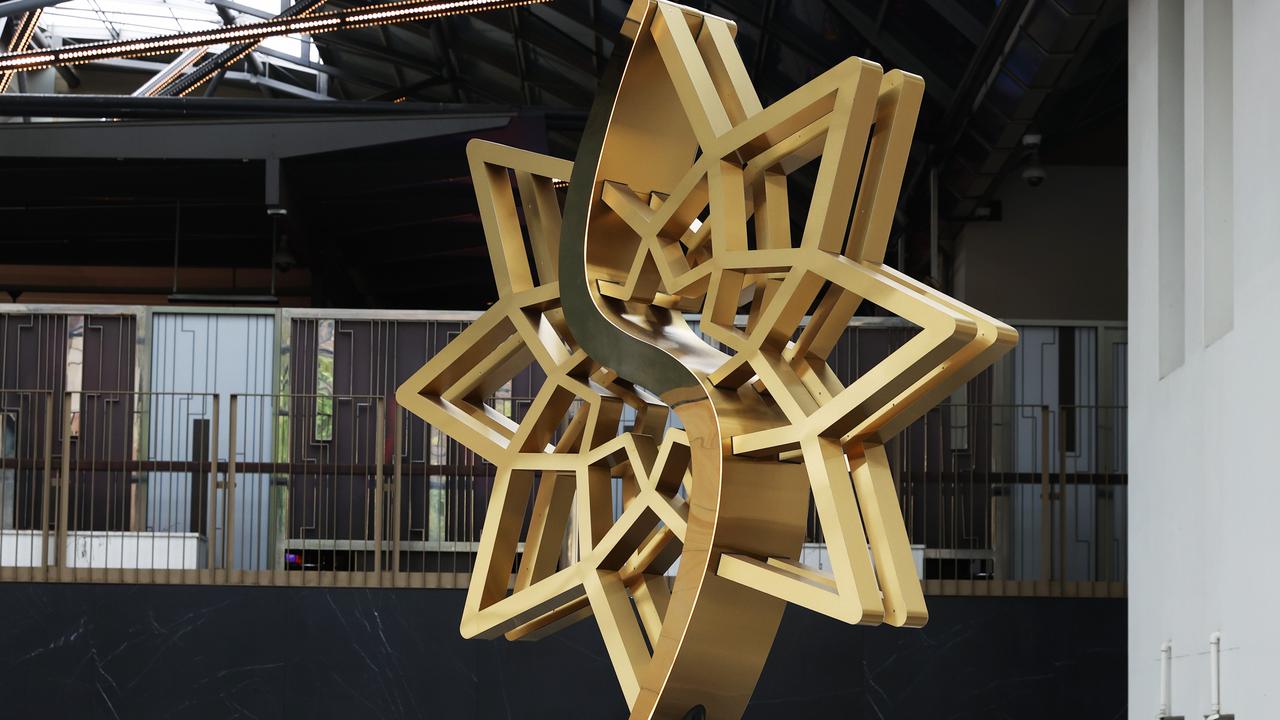AirTrunk and Canva bosses call for more immigrants to make Australia ‘richer’
As both sides of politics vow to limit overseas arrivals, two of Australia’s biggest tech companies say we need more, not fewer immigrants to make the nation smarter and wealthier.
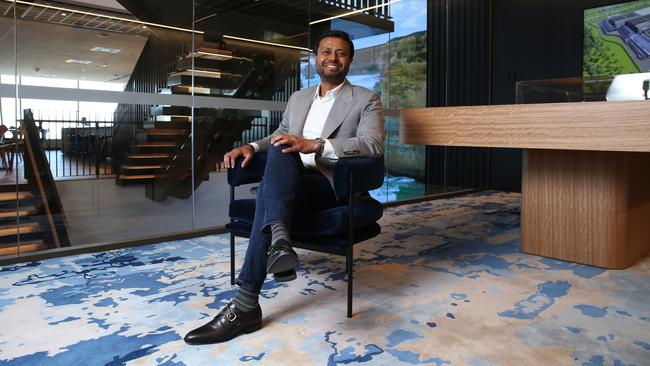
Business
Don't miss out on the headlines from Business. Followed categories will be added to My News.
Two of Australia’s biggest tech companies are calling for more – not fewer – immigrants and more welcoming policies to make it easier for foreigners to relocate down under to help make the nation smarter and richer.
Immigration and international students have become a hotly contested issue in this year’s federal election, with both major political parties vowing to limit the number of overseas arrivals.
But one of Australia’s newest billionaires, AirTrunk founder Robin Khuda – who originally moved to Australia in 1997 from Bangladesh to study accounting at Sydney’s UTS – said Australia was lagging behind other nations when it came to harnessing immigration to create wealth.
“I’m very passionate. Politically, there is a lot of discussion about this migration and international student (intake). I think both sides of politics, they politicise, this topic,” Mr Khuda said.
“I’m a strong believer that having more diversity, more immigrants, more international students in a country … creates much better dynamics. If you look at for example, in the US at the Fortune 500 companies, 46 per cent of those companies were funded by either immigrants or the children of immigrants, which is huge
“Between those companies, they’re creating a lot of wealth, a lot of jobs. But if you look at Australia, that stat is pretty low. I think Australia as a country, I think there is a big opportunity. Like, we’re a big country. I think we should, we need to invest more into people, you know, create.”
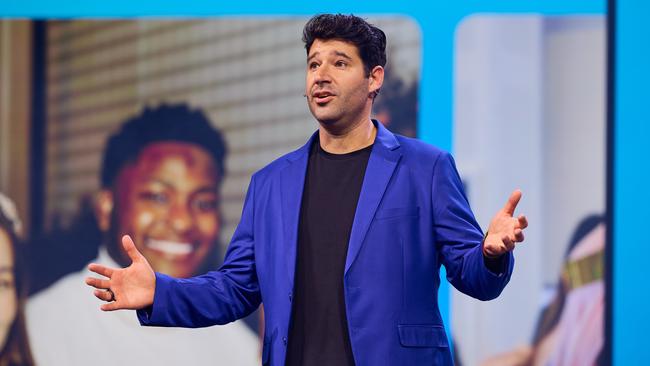
After studying at UTS, Mr Khuda quickly moved into telecommunications, working at Optus, and then into technology.
He later became general manager at Fujitsu Australia and New Zealand, then chief financial officer at Pipe Networks, a start-up helmed by Bevan Slattery who later founded ASX-listed data centre operator NextDC.
But he scored his big break in 2015, when he founded AirTrunk – a data centre group he built from scratch (and almost collapsed) – before selling it to Macquarie, then US private equity behemoth Blackstone for $24bn last September, capping off one of the year’s biggest corporate deals.
He hopes his story will inspire more immigrants to have a crack at entrepreneurialism and make it big in Australia and beyond.
Cliff Obrecht – co-founder of Canva, which is now worth $US32bn ($51.16bn) – said Australia should be more welcoming of immigrants to help meet a projected shortfall of about 650,000 tech workers that will be needed by the end of the decade.
“We've got Canva and Atlassian and a couple of other historic companies like Seek, but like at our scale – 200-plus million monthly active users, it's a whole new set of technology problems, marketing growth problems that most companies in Australia just haven't had to face, which means we don't have that very senior talent pool,” Mr Obrecht said.
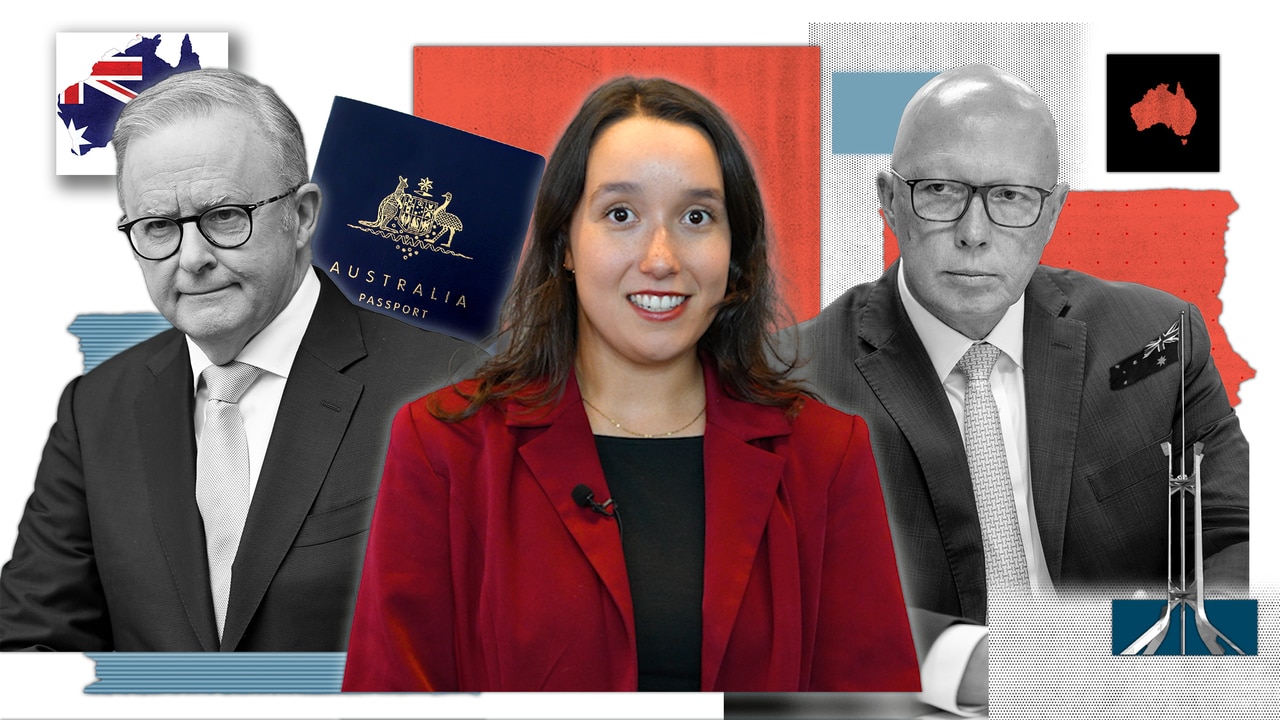
“So if we can make it incredibly attractive to bring those people to Australia. And when I say we need to make it attractive, we need to make it easy for them to come to Australia and be sponsored.
“From a taxation perspective, we need to make it attractive for them and to leave a highly paid USD based salary to come to Australia. So like, it's a holistic ecosystem, and if we can make it attractive for senior staff to come over there, they're the ones that are going to teach the next generation of Australian founders, and the more successful we can breed here, the better.”
But the federal government is relying on a ministerial directive to slow the processing of student visas, after the Coalition torpedoed
Labor’s legislation last November to cap numbers at 270,000.
Peter Dutton has promised even deeper cuts, but has failed to explain how many foreign students would be allowed into Australia, or how a Coalition government would manage enrolments based on nationality, institutions or destinations.
Former Victorian premier Jeff Kennett has also weighed in, calling for a “general two-year pause” on immigration – except where there is a need to fill jobs that are in short supply such as qualified nurses, general practitioners, teachers and trades people.
“For some years now Australia has been accepting people from overseas well beyond our ability to meet their needs, let alone the needs of people already here,” Mr Kennett wrote in the Herald Sun.
“We can’t and have not been able to meet the demand for housing for some years, for a range of reasons, but one being the demand is growing beyond our capacity to supply.
“I know if you dramatically reduce our immigration rate that will have some adverse effect on our economy, particularly as a result of the demand new arrivals create, but we should recognise we have been overly generous in the numbers of arrivals we have allowed into Australia. Australia should be addressing our needs first.”
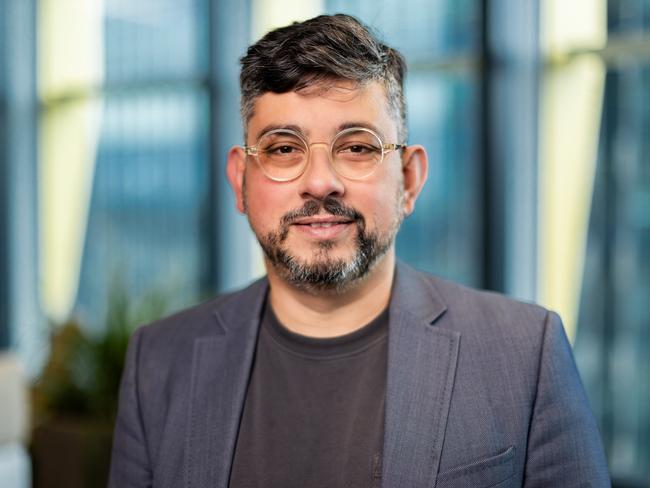
A new report by AMP economist My Bui suggests immigration has long-term positives that many people ignore, saying more educated migrants could help reduce the impacts of aged care, healthcare and pension costs over the longer-term.
“A more educated workforce is likely to be more productive and therefore earns higher wages. The median weekly income of permanent immigrants in 2021 was $963, compared to just $805 for the overall Australian population,” Ms Bui said.
At the same time Australia is grappling with a tech worker shortage, with the Tech Council of Australia estimating that an additional 653,000 tech workers by 2030. This represents an increase of 186,000 versus a “business-as-usual approach”.
TCA chief executive Damian Kassabgi said: “For decades Australia’s strong skilled migration program has been central to the growth and diversity of our local tech ecosystem”.
“The Tech Council of Australia has been a strong advocate for updating the skilled occupations list to ensure it is reflective of the current and future needs of Australia’s tech sector,” he said.
“We look forward to working with the government to continue to build more pathways into tech jobs through skilled migration programs.”
Originally published as AirTrunk and Canva bosses call for more immigrants to make Australia ‘richer’



